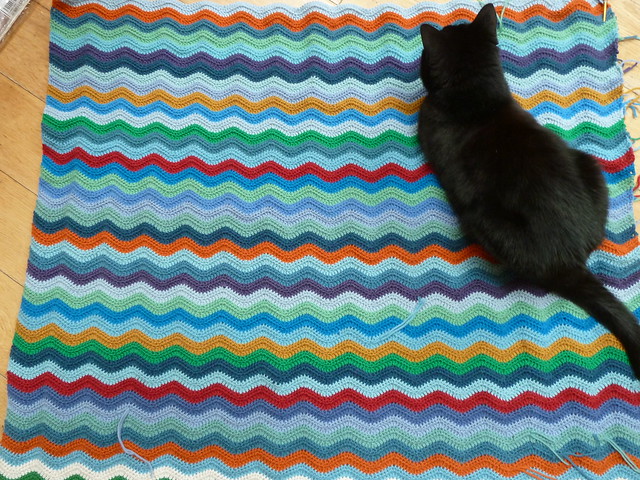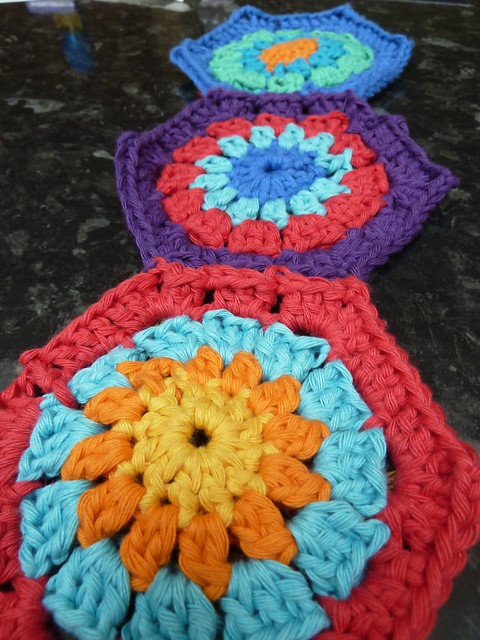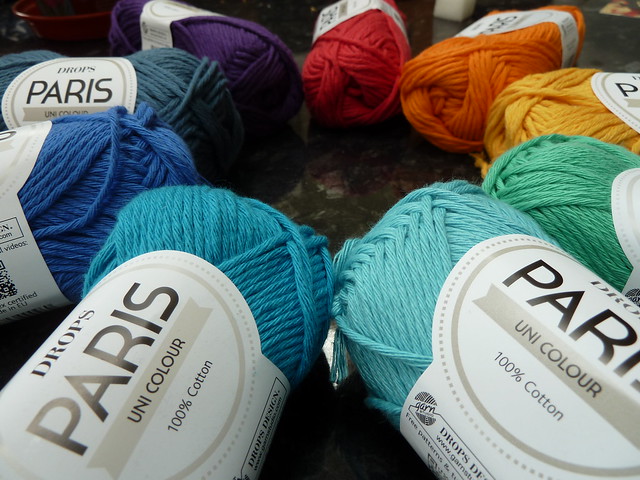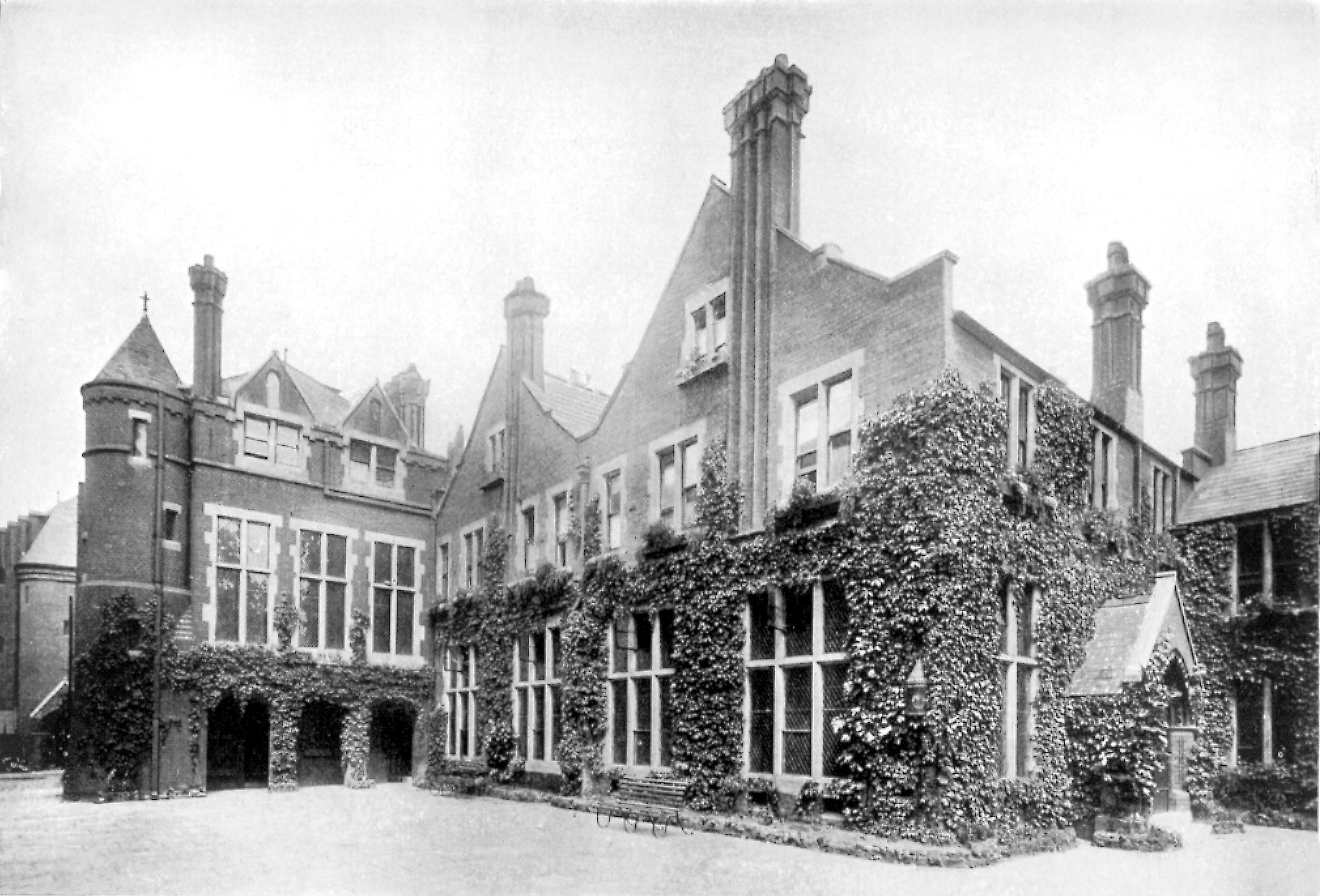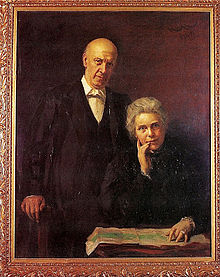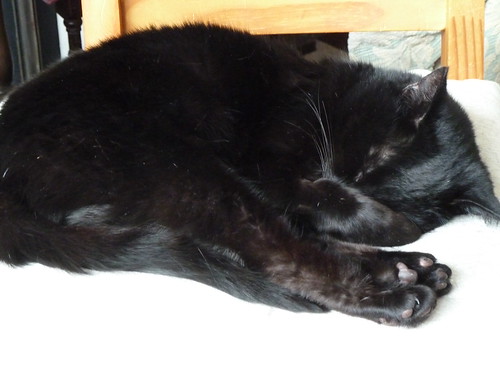Sorry for the radio silence, life has been rather hectic (for someone with ME anyhow!) as I am preparing to move out into my own place! It's all very exciting and we picked up the keys yesterday. In a lovely piece of timing today I turn 30, so it is a lot of change at once. To be clear about how bad I can be with change, I have come close to having a panic attack when Waitrose moved its fruit and vegetable section around before, so this whole process has been challenging. God has been good throughout though, without Him I would never have coped thusfar. Here is to a new decade, in a new place (about a mile and a half away from here and closer to church), with the same God and no doubt a lot of knitting!
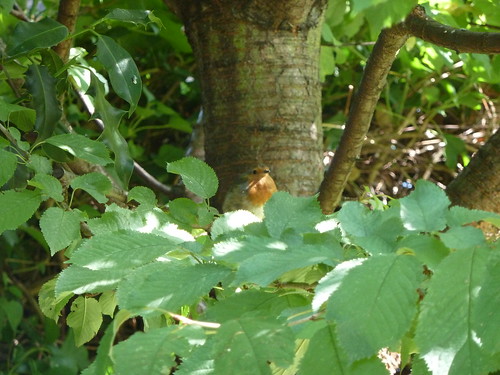
I'm going to miss this chap, hopefully I'll meet a new robin in my new garden.
Last year I read this poem by Dylan Thomas, written about his 30th birthday and loved it so much I decided I would post it here to mark my 30th:
Poem in October
It was my thirtieth year to heaven
Woke to my hearing from harbour and neighbour wood
And the mussel pooled and the heron
Priested shore
The morning beckon
With water praying and call of seagull and rook
And the knock of sailing boats on the webbed wall
Myself to set foot
That second
In the still sleeping town and set forth.
My birthday began with the water-
Birds and the birds of the winged trees flying my name
Above the farms and the white horses
And I rose
In a rainy autumn
And walked abroad in shower of all my days
High tide and the heron dived when I took the road
Over the border
And the gates
Of the town closed as the town awoke.
A springful of larks in a rolling
Cloud and the roadside bushes brimming with whistling
Blackbirds and the sun of October
Summery
On the hill's shoulder,
Here were fond climates and sweet singers suddenly
Come in the morning where I wandered and listened
To the rain wringing
Wind blow cold
In the wood faraway under me.
Pale rain over the dwindling harbour
And over the sea wet church the size of a snail
With its horns through mist and the castle
Brown as owls
But all the gardens
Of spring and summer were blooming in the tall tales
Beyond the border and under the lark full cloud.
There could I marvel
My birthday
Away but the weather turned around.
It turned away from the blithe country
And down the other air and the blue altered sky
Streamed again a wonder of summer
With apples
Pears and red currants
And I saw in the turning so clearly a child's
Forgotten mornings when he walked with his mother
Through the parables
Of sunlight
And the legends of the green chapels
And the twice told fields of infancy
That his tears burned my cheeks and his heart moved in mine.
These were the woods the river and the sea
Where a boy
In the listening
Summertime of the dead whispered the truth of his joy
To the trees and the stones and the fish in the tide.
And the mystery
Sang alive
Still in the water and singing birds.
And there could I marvel my birthday
Away but the weather turned around. And the true
Joy of the long dead child sang burning
In the sun.
It was my thirtieth
Year to heaven stood there then in the summer noon
Though the town below lay leaved with October blood.
O may my heart's truth
Still be sung
On this high hill in a year's turning.
